There is nothing more scary than a 12-foot alligator — so I wanted the introduction of Mr. ML to be scary. The next page, however, will show his true nature.
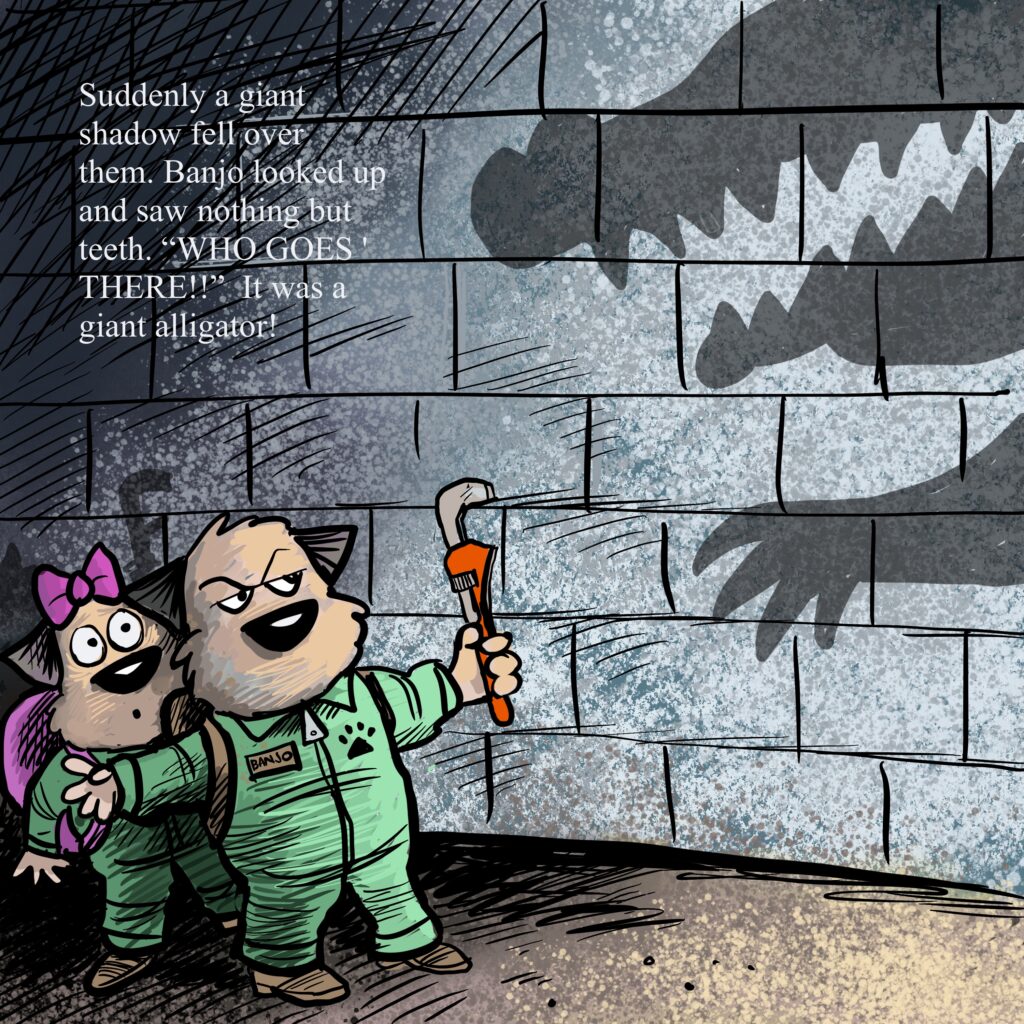
There is nothing more scary than a 12-foot alligator — so I wanted the introduction of Mr. ML to be scary. The next page, however, will show his true nature.

I’m world building in this illustration. It probably would be an illustration toward the end of the book.
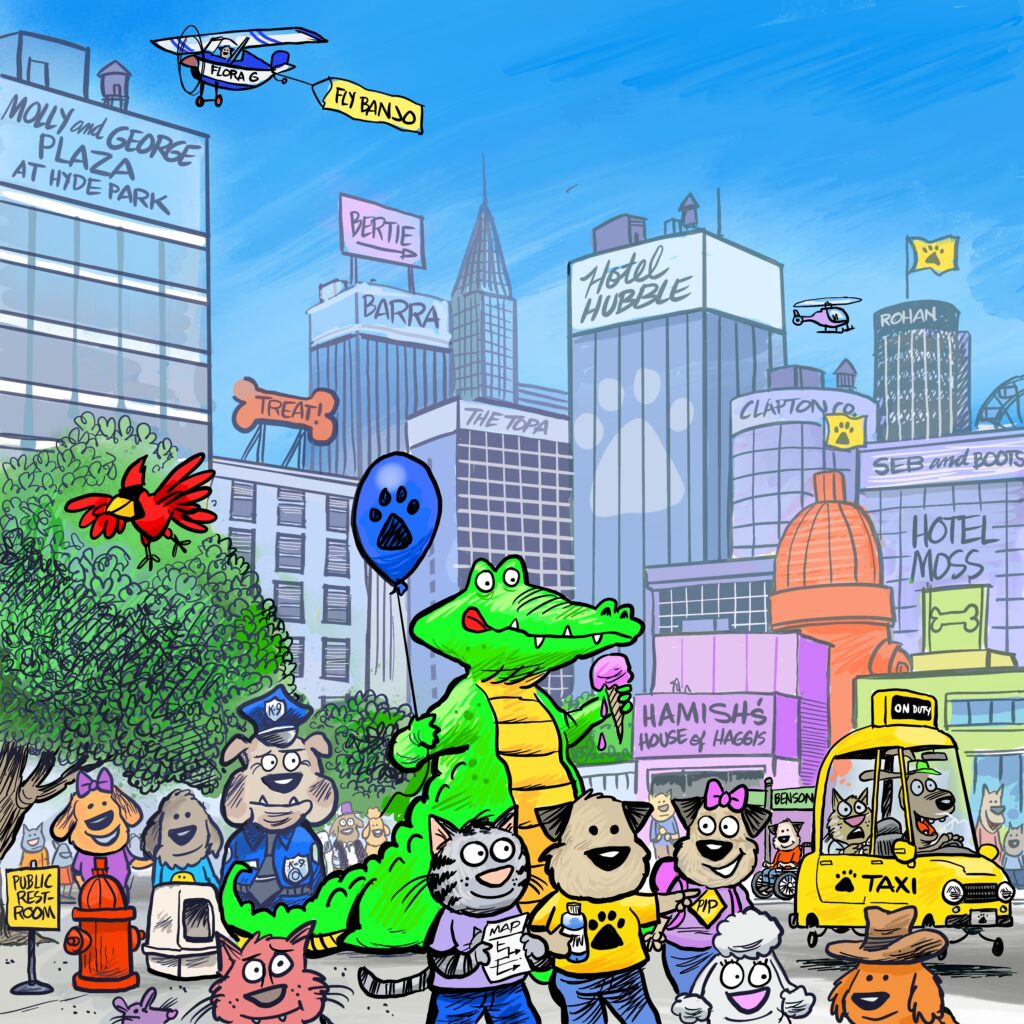
A sketch for the new Banjo book. I wanted to capture their world, friendship, and family.
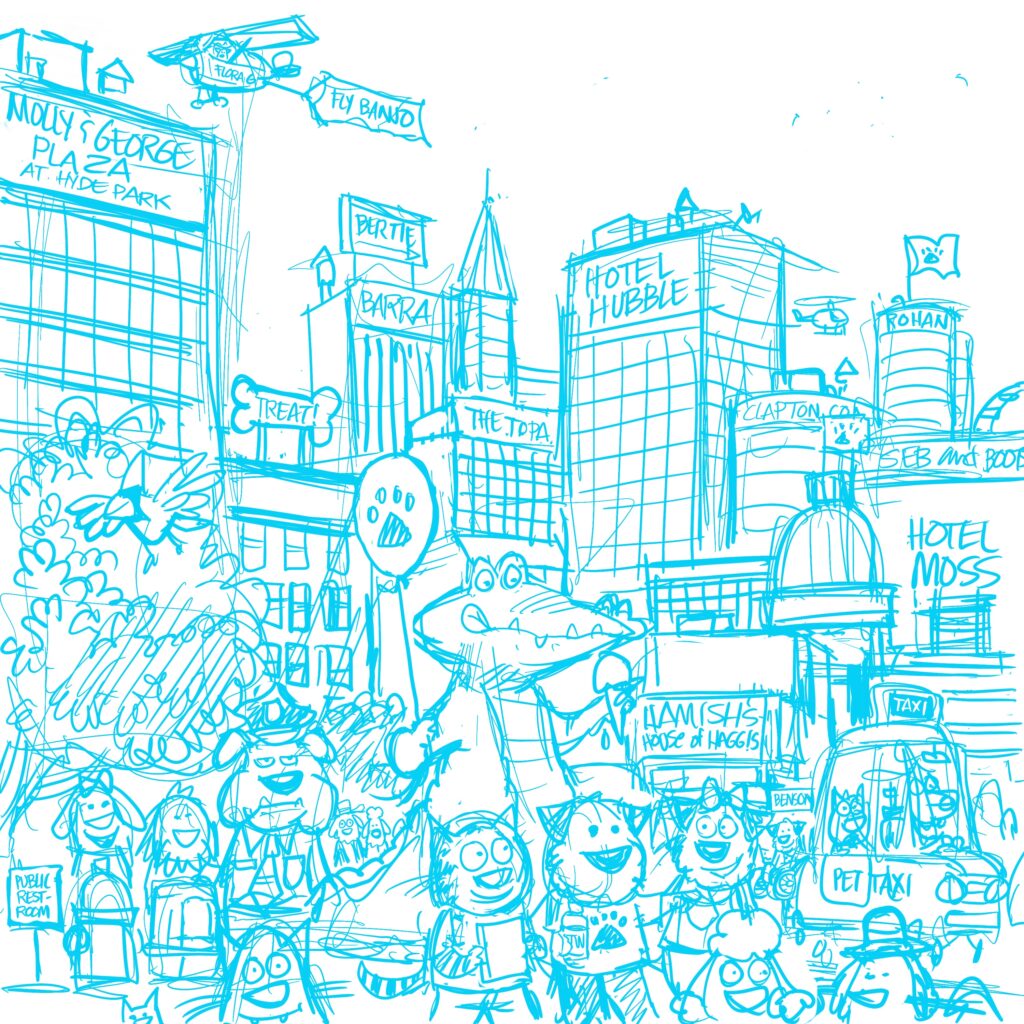
Mrs. Overstreet stressed this often to us: Your education is the one thing they can’t take away from you. I was in World History class at Sprayberry High School — I enjoyed the class although I couldn’t tell you one Pope from another. But to her credit, she did light a fire under me to learn more. She taught me that history rhymes. Look, I know I’ll never be the smartest person in the room but I’ll be the most curious. That’s one of the reasons I love interviewing people. Learning what makes them tick is a graduate-school class in excellence.
There has been some talk about getting rid of humanities classes. I guess the statewide elected official who is pushing it on the platform formerly known as Twitter is mimicking what is going on in West Virginia. But it seems to be a particularly foolish idea — especially considering what the arts means to Mississippi. But also, even if you are training to be an accountant or an engineer, some idea of history, language or the arts helps in this incredibly fast changing world we live in. Employers, the ones we are trying to lure to towns without hospitals, need employees who can think on their feet. Who understand context. And who can adapt.
I think about Robin Williams’ John Keating from the movie Dead Poet’s Society when I read about people who want to rid the world of “unnecessary humanities classes.”
Yes, the world needs plumbers and mechanics (I am living proof of that). But we need a curious population who understand the context of history as we stumble through these trying times. My dad, who chased his dream when he stopped being a traveling salesman and bought a car garage, always had either a wrench or a book in his hand. He is my hero and a reminder that: Knowledge is power ; Understanding context is king.
Eleven years ago, I wrote and published a book called Banjo’s Dream. It sold over 5,000 copies and became a favorite for a whole generation of kids. During the pandemic, I brought Banjo back with some of his friends. Now I’m writing their origin story — and how families come in all shapes and sizes. The story, which is written, is an action-adventure story. But it also is a reminder that community matters. Here’s the first couple of illustrations.
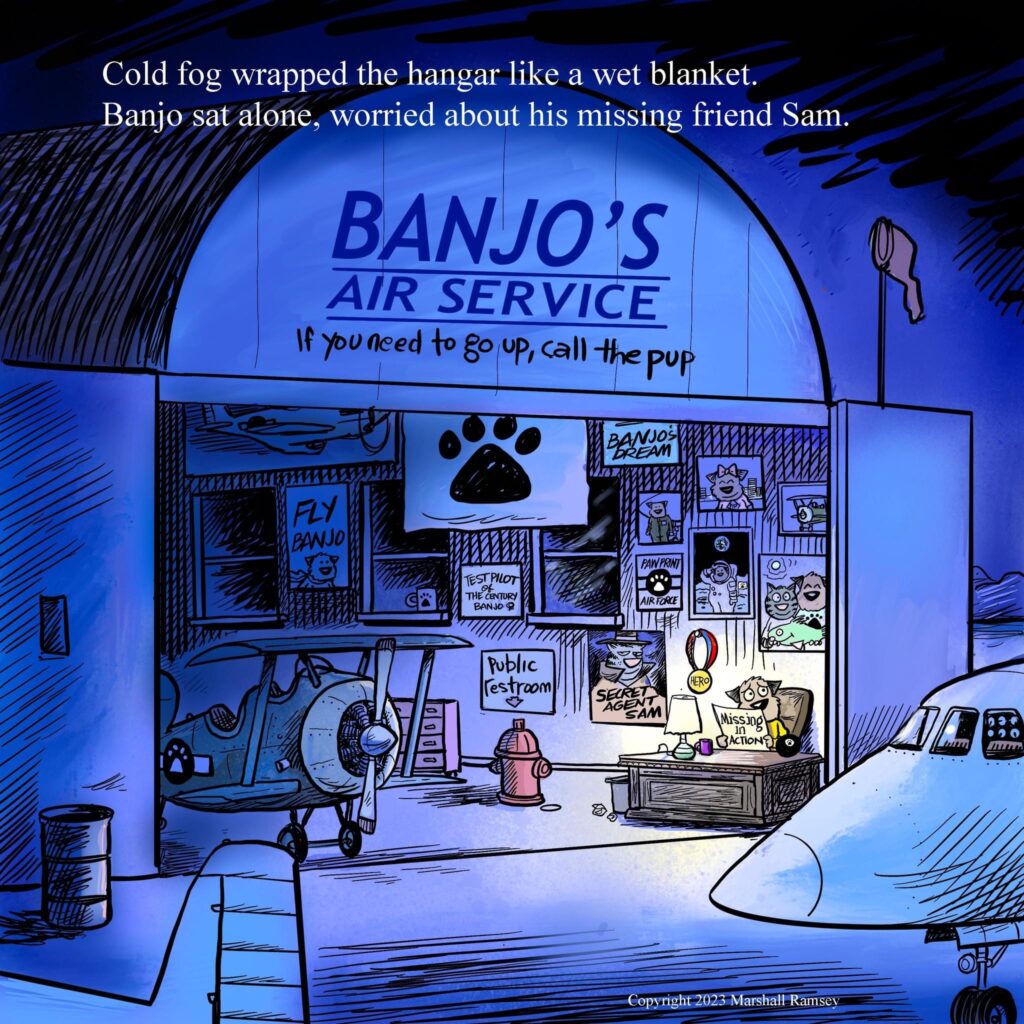
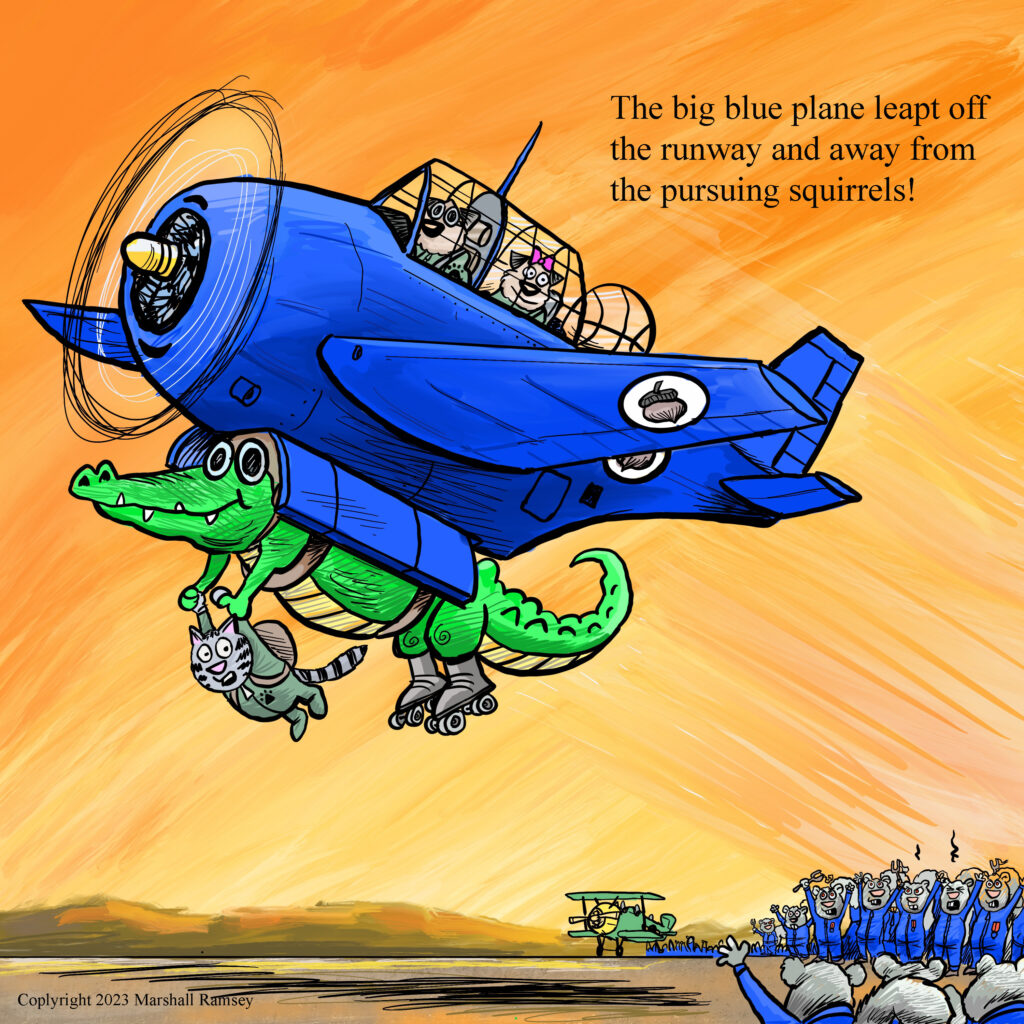
Apple has a new television ad that features a meteor hitting the Earth. The meteor is forged by heat into metal and then turned into a phone.
For the record, I did not run out and upgrade my IPhone 12.
I did, however, feel a slight tinge in my neck and back. That’s where I have several titanium screws and bracket in my body. Yes, I am a modern day Six-Million-Dollar Man thanks to years of pounding, sitting and then hitting my head into a door jam. We can repair him. We can make him better than before.
(Oscar Golding sends his regards.)
The last two years have beat the living crap out of me. But I am still standing and I am stronger than I was before. Like the meteor, I’ve been forged after taking a pretty big blow.
We all have.
Recently I was talking to a friend. He’s a teacher and leads a large group of kids in a school-sponsored club. He was talking about how there less seniors engaged in anything this year. They dropped out when the pandemic hit and never came back. Two things can be true: We needed to protect ourselves and others from the awful deaths caused by COVID and we also we also need to realize that there were costs associated with it, too. It’s not just kids. We all are walking around with unpacked trauma.
How do we unpack it? I’m not a clinical psychologist nor have I slept in an Holiday Inn last night. But thinking about what my teacher friend said, we really need to rebuild and stress healthy communities. Whether it is joining service clubs, attending church, volunteering, or getting to know our neighbors, we need each other. We need to be around those who are different than we are but have things in common. Like the titanium in my spine, that’s what will help us heal as we recover.
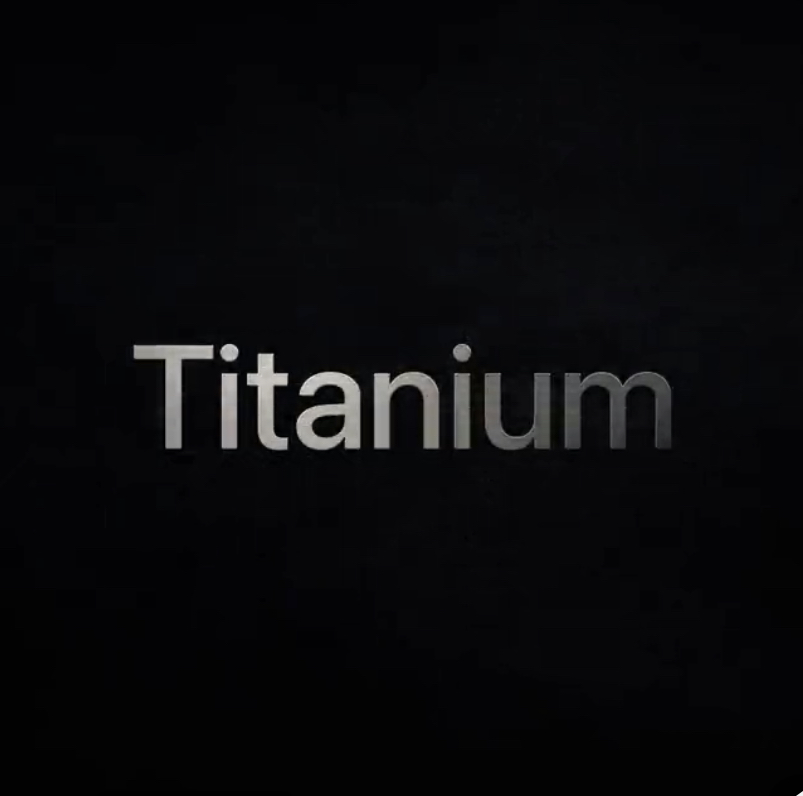
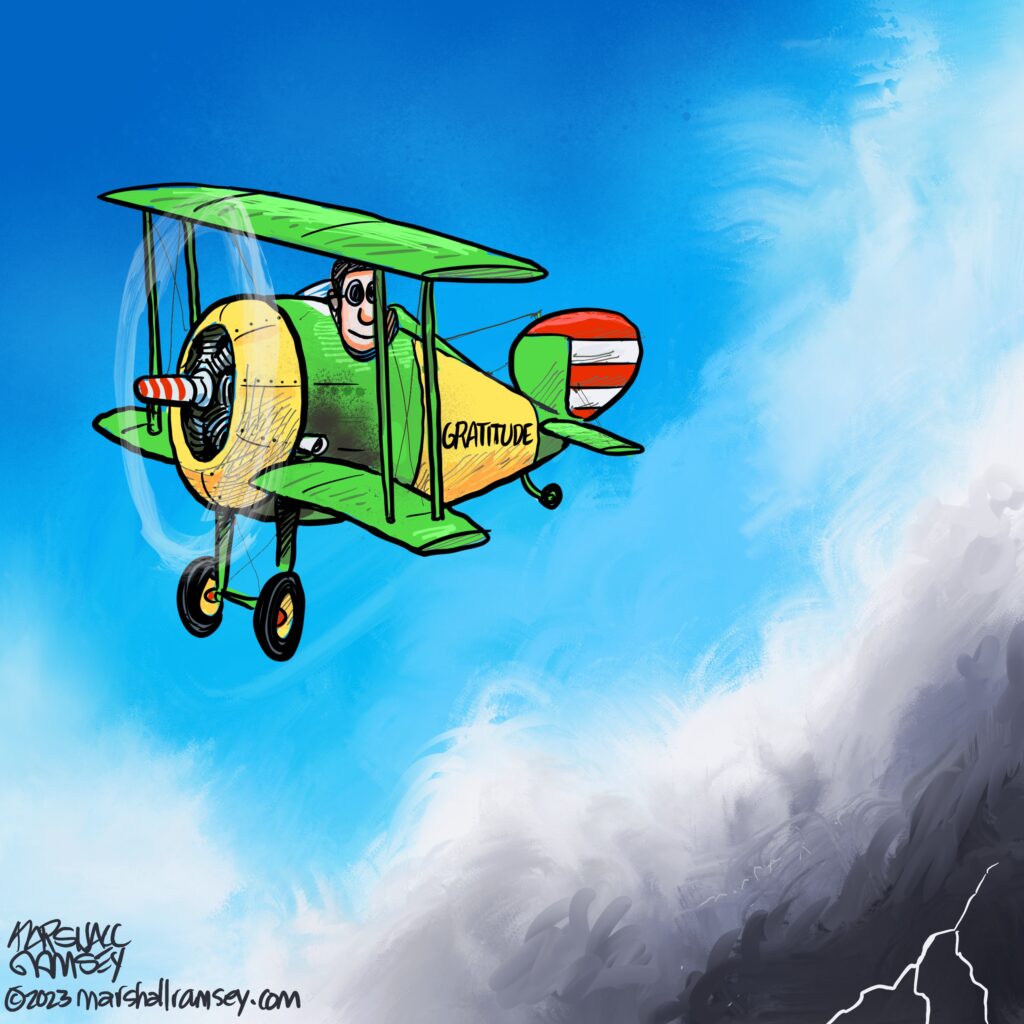
I’ve always thought having a gratitude list sounded like Oprah vomiting her dinner. But honestly, being grateful is one of the most powerful tonics you can take when life starts to overwhelm you. It’s the attitude to gain altitude over the storm.
My dream job was to be an editorial cartoonist. It’s a dream I’m still (partially) living today. But in 2010, my dream received a rather rude wake-up call when I was informed my job was being turned into a part-time job. I had, in the time for ink to dry, lost my benefits and half my pay — for the same amount of work!
It wasn’t fair. But you know what? Me thinking “It’s not fair!” didn’t feed my family or keep my house.
I had to learn to surf. And for the past 13 years, I have been trying to catch the wave of change. Has it been perfect? No. I’ve made a gazillion mistakes and have struggled with my attitude. I’ve wrestled with hurt, disappointment, and anger — all which did not serve me well at all.
It has been wonderful education. Look, I don’t know who made the decision to cut me. But if I ever find out, I’ll thank them. They did me a huge favor.
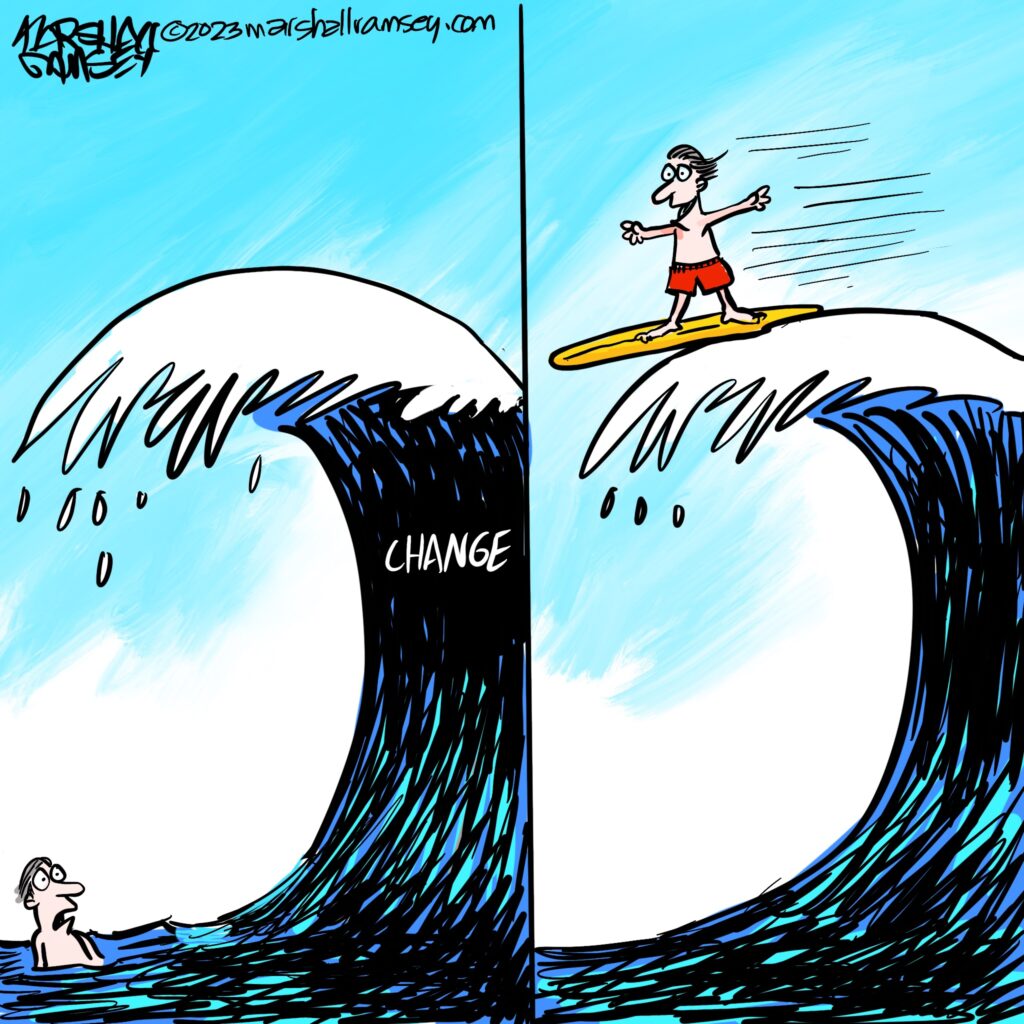
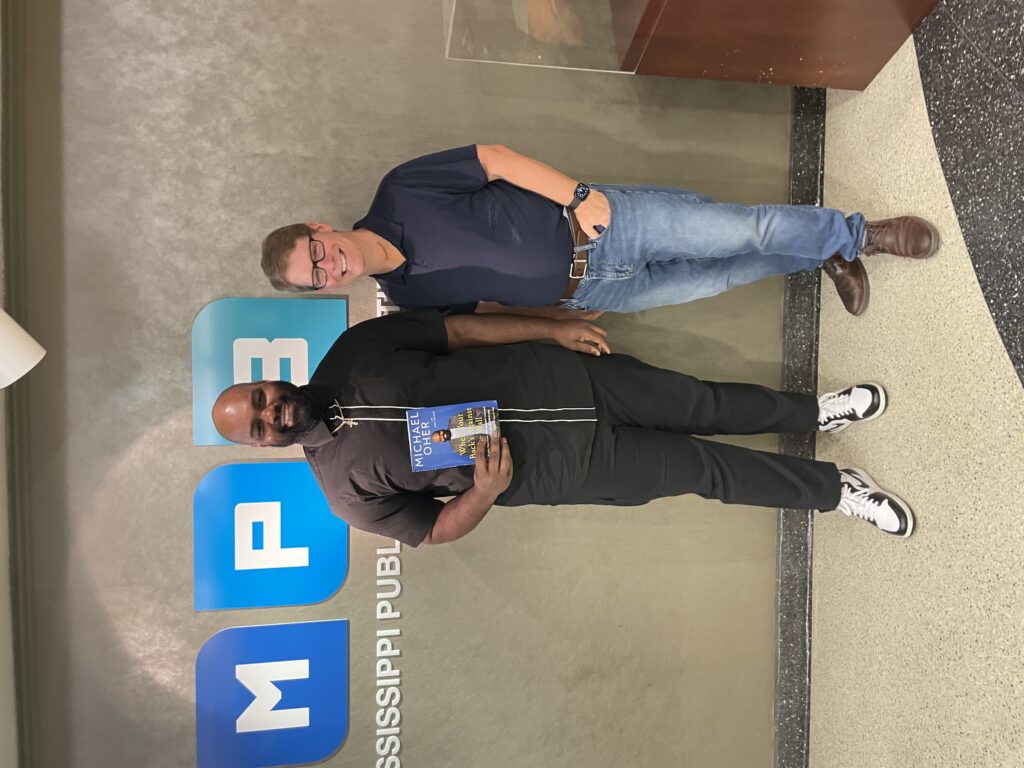
Since Michael Oher is in the news, let me tell you a story you probably don’t know about him. On Sept. 18, 2016, while playing against the 49’ers, he took a vicious hit that gave him a concussion. The concussion protocol was not followed; he played the next week. He had started and played 122 games, including one Super Bowl victory; September 25, 2016 was his last.
He soon suffered from headaches, blurred vision and was incapacitated. The very brain that had given remarkable drive as a kid, now was turning against him. Doctors prescribed him a smorgasbord of drugs and a fog slowly blanketed his life.
He retreated into a dark room.
Two years later, he saw a crack of light in the darkness. His weight had ballooned to 400 lbs. His head was killing him. He didn’t want to leave the room. But he followed that light to Granny White Park in Brentwood, TN and walked about 15 yards. The next day, he walked 16 yards. Over and over he got up, went out and pushed against a brain that was lying to him.
Like Academy-Award winning director Sarah Polley, who was in bed for three and half years due to her own horrific concussion, he pushed into symptoms and overcame them. He lost the weight and is now helping kids like he was helped along the way.
He did the work.
I’ve seen a lot of opinions about Mike in the comments section. I got to spend an hour-and-a-half with him yesterday — and while that’s not long enough to really get to know someone, my BS detector did not go off (and I have been dealing with politicians for over 30 years — I have a well-honed BS detector). One of the things that really hurts him about The Blindside is that it made him look like he was helpless and dumb. When you meet him, you quickly realize he’s far from either.
His new book “When Your Back’s Against The Wall” is a good read. I read it after having my spinal surgery in two years. As I quickly recover (PTL), I think about him walking in Granny White Park. Healing, whether in the heart, mind, or soul, happens one step at a time.